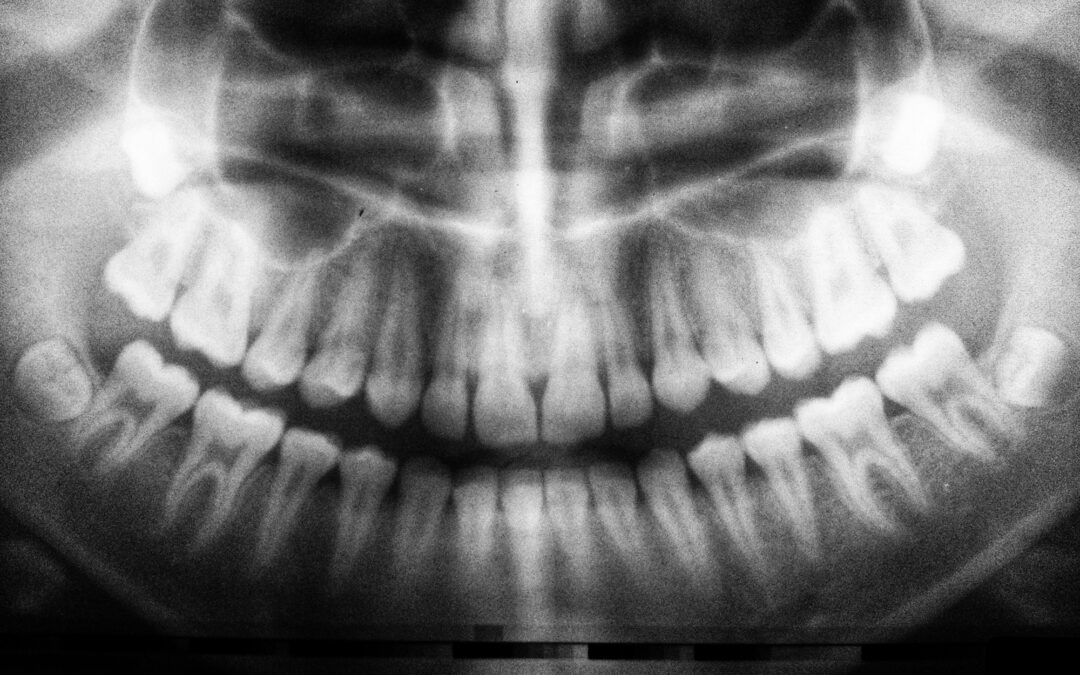Do you often experience tooth pain or a sore jaw when you wake up? Or has anyone ever told you that you grind your teeth in your sleep? Teeth grinding is a common condition that affects up to 1 in 10 people in their sleep. While occasional teeth grinding does not usually cause much harm, teeth grinding that happens on a regular basis can cause your teeth to become damaged, as well as cause other oral health complications. If you think you’re grinding your teeth in your sleep, get to know the common signs and causes of teeth grinding.
What is Teeth Grinding?
Teeth grinding, also known as bruxism, is a condition in which you grind, gnash or clench your teeth. Teeth grinding is a fairly common condition; however, it can lead to significant tooth damage or other painful symptoms if left untreated.
While you may unconsciously grind your teeth while you are awake, many grind their teeth during their sleep without realizing. People who grind their teeth in their sleep have a higher risk of developing other sleep disorders, such as snoring or sleep apnea.
What are the Signs of Teeth Grinding?
Signs of teeth grinding may include:
- Tooth pain or sensitivity
- Jaw joint pain or soreness near the ears
- Ringing in the ears
- Migraines and/or frequent headaches (usually starting in the temples)
- Damaged or chipped teeth, broken crowns, or teeth worn down flat
- Worn tooth enamel, leaving deeper layers of your teeth exposed
- Sleep disruption
What Causes Teeth Grinding?
The cause of teeth grinding is unique to each individual, and can be caused by physical, psychological, or genetic factors. For those who grind their teeth in their sleep, it is often related to hyperactivity, sleep apnea, or acid reflux. Certain medications that treat depression can also cause teeth grinding.
In other cases, teeth grinding may be caused by the following reasons:
- Increased stress, anxiety, or frustration
- Drugs or tobacco
- Misaligned bite
Grinding your teeth in your sleep can quickly wear down your enamel, resulting in tooth sensitivity, discoloration, or decay. It can also cause your teeth to break, chip, or become loose, as well as cause jaw pain and temporomandibular joint dysfunction.
What Should I Do If I Grind My Teeth in My Sleep?
Talk to your dentist about any issues that you are experiencing with teeth grinding. They will be able to fit you with a mouth guard to help protect your teeth from grinding during your sleep. You may also try these additional tips to help stop teeth grinding:
- Cut back on foods and drinks that contain caffeine.
- Avoid alcohol.
- Relax your jaw muscles each night. To do this, you can hold a warm washcloth against your cheek in front of your ear lobe.
- Make sure that you do not chew on anything that isn’t food, such as pencils or bottle caps.
- Avoid chewing gum; this can cause your jaw muscles to get more used to clenching, making you more susceptible to grinding your teeth in your sleep.
If you are experiencing tooth or jaw pain or are trying to get relief from grinding your teeth, contact our office today at (501) 381-0471.


Recent Comments